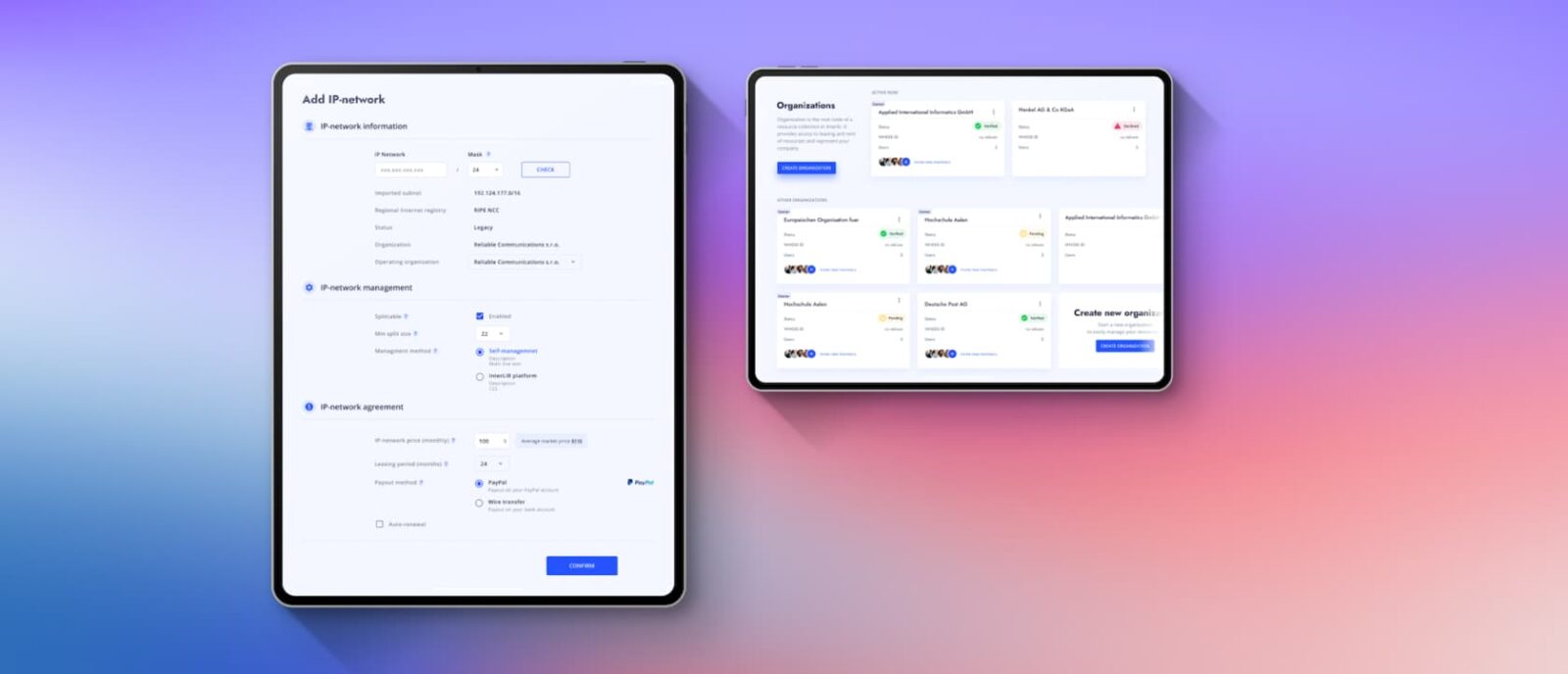As the demand for IPv4 addresses continues to exceed supply, the opportunity to sell these assets has become increasingly profitable for organizations with surplus addresses. However, successfully navigating the IPv4 address market requires meticulous preparation and understanding of the process. Whether you are a large corporation, a small business, or an individual, preparing to sell your IPv4 addresses involves several crucial steps. This blog provides a comprehensive checklist to ensure that you are fully prepared for a smooth and profitable sale.
Audit your IPv4 assets
The first step in preparing to sell your IPv4 addresses is to conduct a thorough audit of your existing network resources. Determine how many addresses you currently own, how they are being used, and whether any can be freed up for sale. This process may involve reorganizing your network to consolidate IP usage, which can free up blocks of addresses that are large enough to sell.
Verify ownership and clean registry records
It’s essential to verify that you are the rightful owner of the IP addresses you plan to sell. Check your records with your Regional Internet Registry (RIR) to ensure they reflect accurate and current information regarding your IP allocations. Any discrepancies in the ownership or allocation records need to be resolved before proceeding with a sale, as they can significantly complicate the transfer process.
Ensure regulatory compliance
Each RIR has specific policies regarding the transfer of IP addresses. Familiarize yourself with these regulations to ensure that your sale will be compliant. This includes understanding any restrictions on who can buy your addresses or geographic limitations on where they can be transferred. Non-compliance can result in the reversal of the sale or other legal complications.
Prepare the IP addresses for transfer
Before selling your IP addresses, make sure they are clean and not blacklisted by any online services. IP addresses involved in spamming, hacking, or other malicious activities can be blacklisted, which would significantly diminish their value and attractiveness to potential buyers. Use online tools to check if your IP addresses are on any blacklists and take necessary actions to resolve these issues.
Set a realistic price
Pricing your IPv4 addresses correctly is crucial. Research the current market conditions to understand the going rate for IP addresses similar to yours. Prices can vary based on the size of the IP block and the scarcity of available addresses. Setting a competitive yet realistic price will help attract serious buyers and ensure a swift sale.
Choose the right sales channel
Decide how you want to sell your IP addresses. You can sell directly to an end-user, through an IP broker, or via an online marketplace that specializes in IP address transactions. Each method has its advantages and disadvantages. Direct sales can often yield higher prices but require more effort in terms of marketing and negotiation. Brokers can facilitate the sale and handle much of the process, but they will take a commission.
Draft a solid sales agreement
Having a legally binding sales agreement is vital. The contract should clearly state the terms of the sale, including the number of IP addresses, price, payment terms, and any warranties or representations. Consult with a legal professional experienced in IP matters to draft or review your sales agreement to avoid future disputes.
Plan for post-sale support
Be prepared to provide support to the buyer after the sale. This may include assistance with the transfer process or resolving any issues that arise after the transaction. Providing excellent post-sale support can enhance your reputation in the marketplace and lead to future business opportunities.
Selling IPv4 addresses can be a lucrative decision if done correctly. By following this checklist, sellers can prepare effectively, ensuring that the sale goes smoothly and maximizes their financial return. Thorough preparation, adherence to legal and regulatory requirements, and strategic pricing and marketing are key to a successful transaction in the IPv4 market.






